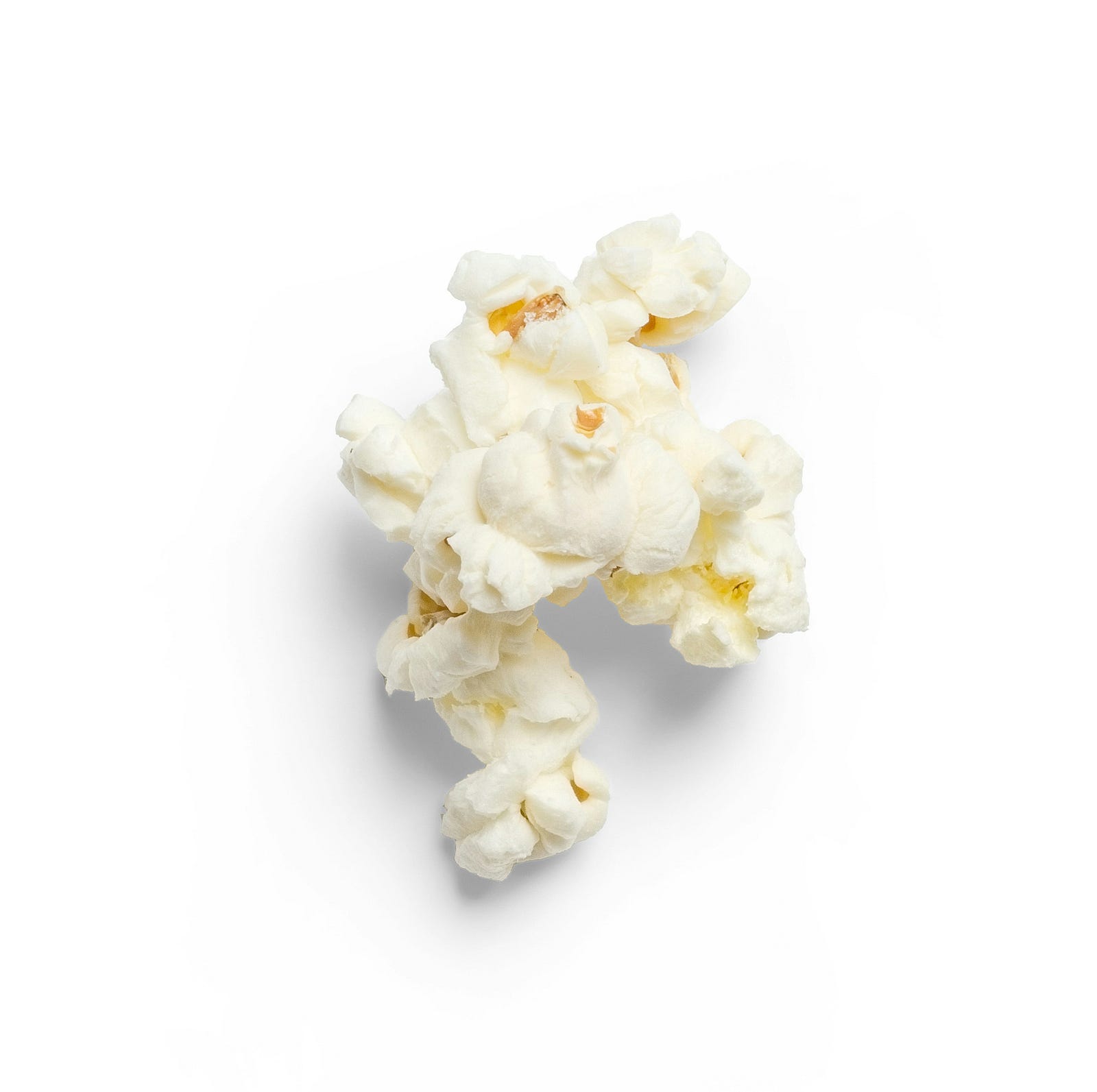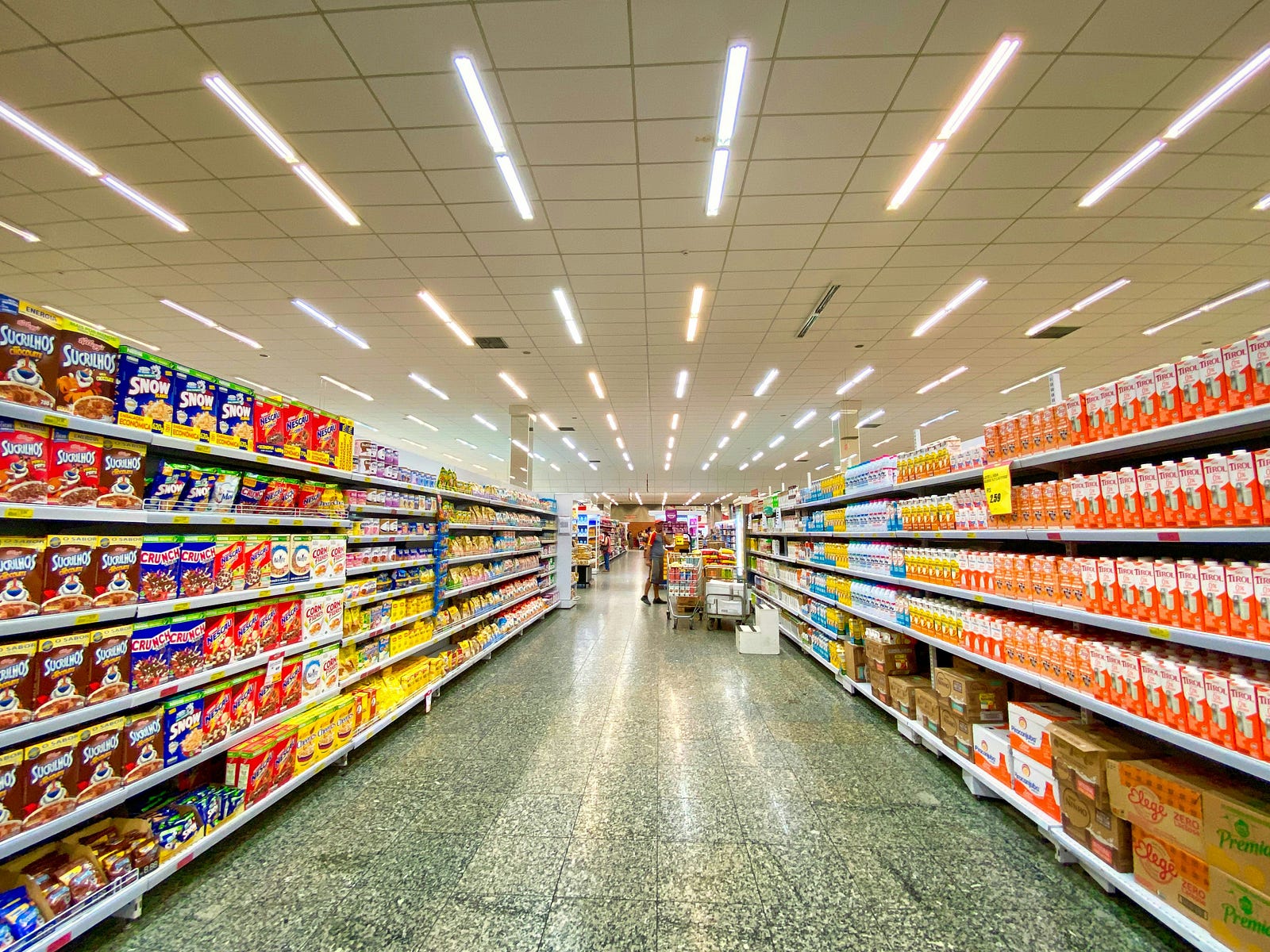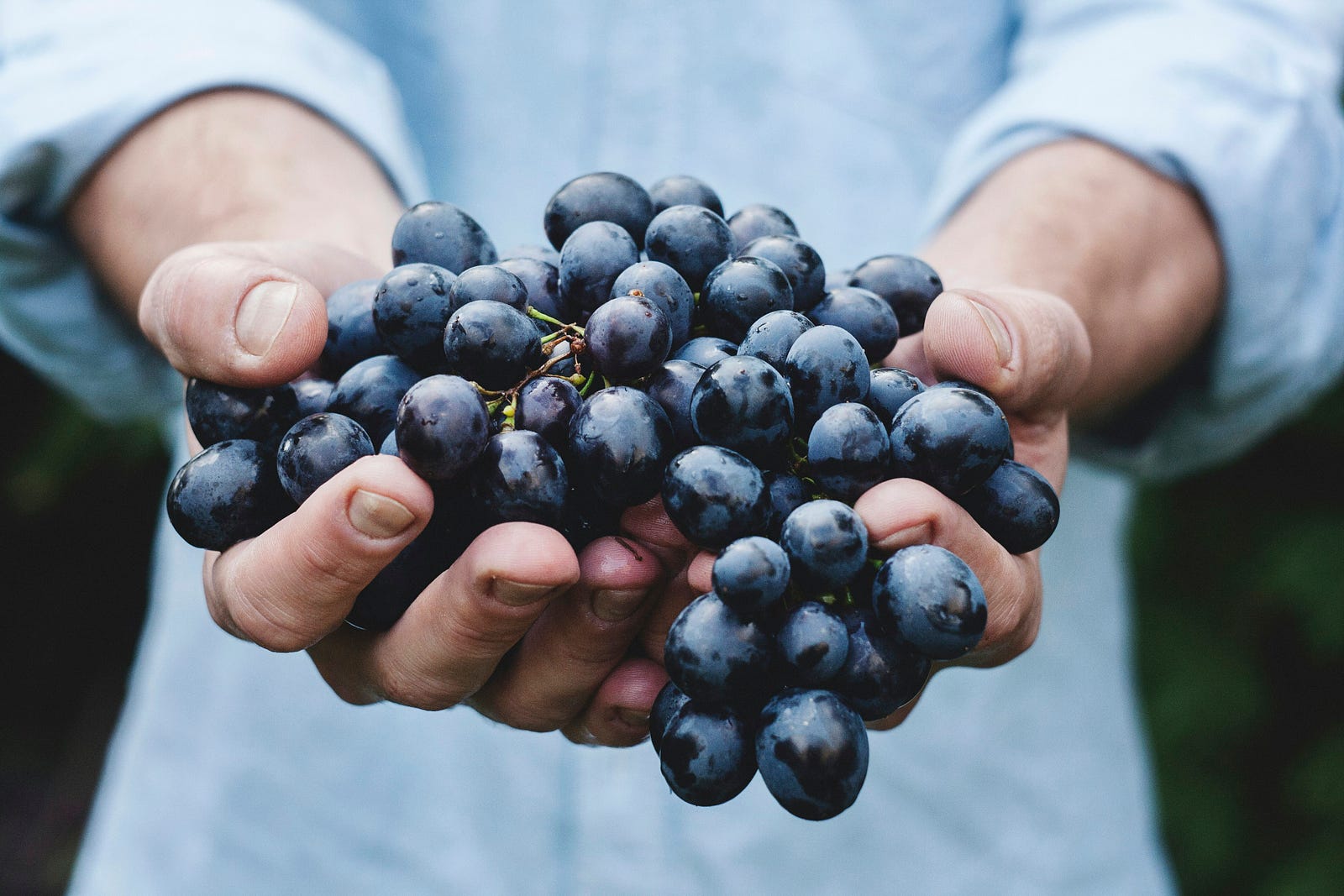DO YOU OVERINDULGE IN CAKES, CHIPS, or other highly processed foods? I sometimes do. Today we explore the truth about pre-digested food.
I know such foods are not my healthiest choice, so why do I persist? It’s not always because the treats are extraordinarily tasty.
I will cut to the chase: You and I might consume pre-digested food.
The secret sauce? Our failings (when it comes to overprocessed foods) may be a product of how manufacturers create these foods.
Manufacturers
You probably think these foods are addictive because of how they are made.
I know that was my first thought.
A new study suggests that we are right.

Predigestion
I recently learned about a manufacturing process that appears to “pre-digest” raw ingredients. CNN informs us that this creates highly processed foods.
In basic terms, these processed foods might mess with our body’s natural cues that signal fullness.

Manufacturers craft these products to trick our bodies into not recognizing when we’ve eaten enough, making it easier to overeat unintentionally.
This phenomenon might explain my hand repeatedly re-entering the popcorn box in the movie theater.
Illusion
What the heck is pre-digested food?
Do you ever wonder how manufacturers create tasty, inexpensive offerings such as pizza and burgers?
They break down basic crops (such as wheat, corn, and potatoes) into small parts. These components include protein isolates, starchy flours, oils, and fats.
And the not-so-pleasant name for these smaller components? Slurries.

Starch slurry
A big part of the Frankensteinian process is creating a milky mixture of water and starch, or a starch slurry.
This mixture (with proteins and fibers) goes through a process similar to your gut’s digestion, creating starch-based sugars and other substances.
/media/88f6869008f547662c68f4968efc89d4
Now add in some artificial colors and flavors and glue-like emulsifiers. Take the brew and heat, pound, shape, or extrude it.
And voila! Your ultra-processed, irresistibly tasty snack. Cereal, cake, cookies, chips, or popcorn.
I need to learn to bake!
Satiety
When I consume food, my body sends the brain a signal that I am full.
Not so when it comes to Frankenfoods; these foods bypass the stomach’s stretch receptor effect.

Satiety is specifically the inhibitory effect of dietary consumption on appetite.
France’s Anthony Fardet frames the subject this way: There are strong correlations between glycemic glucose equivalent, satiety, and the degree of food processing.
The more food is processed, the higher the glycemic response and the lower its satiety potential.

73%
That number represents the percent of the U.S. food supply composed of ultra-processed foods.
While I know we have a food problem in the United States, the number still startled me.
And there is this: On average, ultra-processed foods are approximately half the price of minimally processed alternatives.
Of course, it remains challenging to understand the full implications of processed food consumption on our health.
Much of the research is observational; it is difficult to perform a randomized clinical trial, considered the gold standard of research, by forcing people to eat only certain foods.
99 Problems – The Truth About Pre-digested Food
Ultra-processed foods don’t fill us up as much as minimally processed ones; the former are less satiating.
This lower fullness sensation makes us more likely to experience rising blood sugar levels.
But wait, there’s more. With a nod to Jay Z and 99 Problems, there are numerous chronic diseases associated with ultra-processed food consumption:
To do – The Truth About Pre-digested Food
My takeaway? I need to consume more complex, natural, minimally processed foods.

Walk away from the highly unstructured and ultra-processed foods when choosing weakly blood sugar-raising and more satiating ones.
Some Processing Can Be Good
CNN leaves us with some examples of processed foods that are good for us.
For example, simmering tomatoes raises levels of lycopene, an antioxidant that may improve bone health and decrease the risk of heart disease.
Cooked carrots release more beta-carotene, an antioxidant we use to make vitamin A.
On the other hand, overcooking vegetables can destroy some nutrients—vitamin C, for example, is extremely susceptible to heat.
Thoughts – The Truth About Pre-digested Food
The food industry has created a profitable “eat more” environment. We consumers need to be mindful.
I’ll end with this: I was good today.
I had grapes, blueberries, watermelon, nuts, and a peanut butter and jelly sandwich for lunch. I put my processed protein bar aside.
Thank you for reading “The Truth About Pre-digested Food.”



